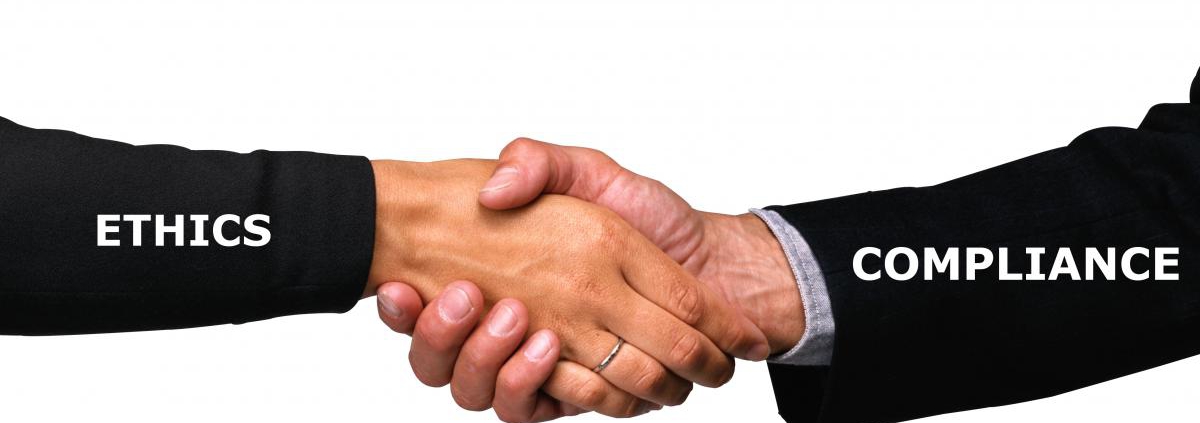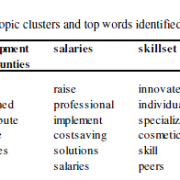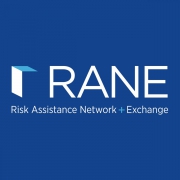Reforming Culture and Behavior in the Financial Services Industry Conference
 The Reforming Culture and Behavior in the Financial Services Industry Conference last week at the Federal Reserve Bank of New York* demonstrated that today’s financial industry understands the need for culture and behavior change in order to run a more ethical company. After spending many years focused on implementing compliance programs, there is now an complementary understanding of the role of ethics and its important function in shaping culture and reputation. The financial industry, however, must confront the bigger challenge of finding ways to actually change behavior.
The Reforming Culture and Behavior in the Financial Services Industry Conference last week at the Federal Reserve Bank of New York* demonstrated that today’s financial industry understands the need for culture and behavior change in order to run a more ethical company. After spending many years focused on implementing compliance programs, there is now an complementary understanding of the role of ethics and its important function in shaping culture and reputation. The financial industry, however, must confront the bigger challenge of finding ways to actually change behavior.
Many at the event agreed that this is a long-term challenge, requiring ongoing commitment. Yet while the will for implementing changes in ethical behavior was evident, the tools and methods presented were more focused on compliance and enforcement. This is where the current culture crevasse becomes clear: how do companies instill a culture that inspires ethical actions and decision-making rather than concentrating solely on how to effectively punish ethical failures?
The sticks are easy to identify, but finding the carrots in this realm is difficult. As Madame Christine LaGarde, Head of the International Monetary Fund, noted in her keynote address, “excessive reliance on regulation and supervision allows people to feel that as long as they are ‘complying,’ they are acting ethically – which is not always the case.”
Behavioral scientists term this phenomenon of focusing on compliance at the expense of behaving ethically, “ethical fading”, a psychological process whereby an individual’s narrow focus on a goal or outcome can cause them to lose sight of the ethical dimensions of their actions. For example, employees at Volkswagen were so focused on having their cars pass short-term emissions tests (and meeting sales targets), that they damaged the long-term reputation of the company as well as the environment. Or, in a stark example of ethical fading that Harvard professor and ES collaborator Max Bazerman identifies, “the decision of whether to launch the Challenger space shuttle on a cold day in 1986 became a management decision focused on costs rather than an engineering one focused on protecting human lives—with disastrous consequences.”
It is this check-the-box mentality that needs to evolve for companies to actually move behaviors beyond compliance to the true marker of long-term stability and profitability: ethics. Bazerman’s recommendation to companies: Take a second look at circumstances that appear questionable; encourage employees to speak up about ethical dilemmas; and hold accountable leaders who are willfully blind.
A targeted prescription for a complex issue at the forefront of today’s ethics and compliance field.
[*Full disclosure: the author worked at the NY Fed for eight years.]
Further Reading:
Learn more about how organizational culture impacts ethics and decision making.
Explore research around creating an effective ethics and compliance program.








